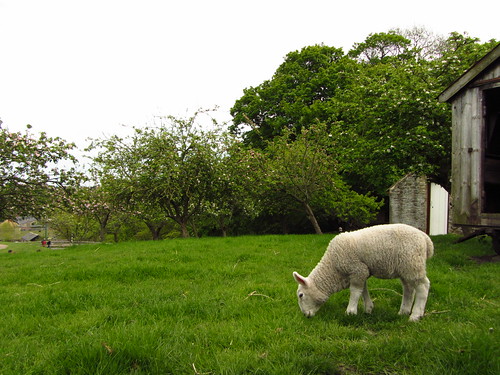I was listening to a recording from Pen Paper Write about common mistakes writers make. From the list I gathered the following notes:
Point of view character - choosing the right one
Not watching out for changing POV. (I’d include changing tense as well.)
Use different color highlighters for each character’s dialogue
Read it aloud. You can hear when the POV shifts
Characters who all sound alike, or inauthentic dialogue
Overuse of adjectives and adverbs. “He ran quickly down the alley.”
A storyline that successfully connects the scenes
Crude, detailed, or in-between plot outline
Second guess, rewrite, and never finish a thing
“Does my writing make you want to know what happens next?” (All you want to ask your first beta reader.)
I also want to add that in school, we teach kids to use words other than “said.” Said is just fine.
Now, most of us have heard these tips before, but it doesn’t hurt to have a little motivational advice repeated again. I’m trying to get my hands on more writer-based resources lately, because I’m suffering from the wishy-washy blues. Yesterday I flat out didn’t want to write a thing (even though we should write something every day whether we feel like it or not.) But I sat there, looked at the blinking cursor on the screen, and shut the computer down. I didn’t even try.
Today, I looked at my comments on my blog, and Damyati said she writes 500-1000 words first, then allows herself to blog or whatever. I’ve thought about it in a non-fixed form of goal, but if this is a routine that works, I may as well give it a go. Today it worked (hence why I’m blogging now.)
So, Camp NaNoWriMo is coming up in July and I’m going to make a good attempt, again, at the next project I have. Granted, I have two (technically) that are sitting in the middle, waiting for the rest of the story. One I’m probably going to scrap, the second one, I could finish next month instead. I’m not sure.
Anyway, the recording from PPW stressed an outline, just as I’ve been reading about in my other writing books. Yesterday, I was thinking that I should just jump in and fix things later, but she’s right, I at least need a structure to build around.
Since Steve is an artist, animator, and video game guru, I’m always pleasantly surprised at how much I can learn from the genre. Last night we watched the Disney (we love it, you know) documentary Waking Sleeping Beauty. I loved seeing the creative process that went into the films, especially the storyboarding and pitching the plot of the movie to the chairman of the company. The outline: It’s essential. The characters: They’re essential.
When they discussed how The Little Mermaid came about, they knew that all of Ariel’s hopes and dreams had to be surmised in one song in order for us to see her struggle with her desire to be human for the rest of the film. The chairman didn’t like the idea, and they struggled over and over for the plot, with the test audience of children, etc. Same thing with The Lion King, “nobody’s knows nothing about anything,” because they thought it was going to be a terrible movie that no one would want to watch.
Same goes for writing. We never know if the storyline will work unless we try it out. We have to have characters who are telling their story. And we can all do it in 50,000 within the month of July if we want to. PPW also suggests the 60 Scenes in 60 Days approach.
If you’re wondering, as I did, if 50K is a bit short for a novel, here are some examples of other 50K (approximately) books.
So, who’s with me? Anyone else going to Camp NaNoWriMo? My profile is HERE. What are you working on for the month of July?


No comments:
Post a Comment